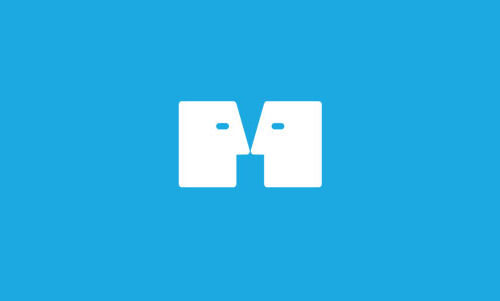Health

Lee Davies
Friday, April 1, 2016In the current issue of AdWeek (March 28, 2016), Christine Birkner explores the Congressional threat to ban (November 2015) or impose a moratorium (February 2016) on DTC drug advertising. On top of that comes news that the FDA is initiating a study to better understand whether older Americans (age 60+) are able to process the detailed information disseminated in drug advertising – since, as FDA notes, older people use more prescription drugs and watch more television than younger people.
Since the FDA issued draft guidance for DTC broadcast advertising in 1997 (and final regulations in 1999), drug ads have been challenged by naysayers as misleading, ineffective and costly. Yet there are already signals that, as consumers embrace digital and online information sources, “traditional” DTC advertising is becoming less relevant, or at least considered only one of many health information sources. Indeed, the proliferation of wearables, mobile devices and medical/health apps – as well as well-respected health websites, such as WebMD, Everyday Health and Mayo Clinic New Network – all but ensures that DTC broadcast advertising is rapidly becoming an antiquated, highly limited and inefficient means of conveying actionable health information. And Makovsky’s ongoing consumer research bears this out.
Patients Are Increasingly Using Technology to Supplement Doctor Visits
According to the Sixth Annual Makovsky/Kelton “Pulse of Online Search” Survey, doctors remain the most trusted source of medical information, trusted by 95% of consumers.
However, the survey also found that consumers are increasingly leveraging online resources to both prepare for appointments and validate physician recommendations – moving beyond diagnosis to become more active in the treatment decision. That means that while DTC ads may drive consumers to their doctor’s office, websites and other digital outlets capture them coming and going:
When asked what information they would first research online about a health condition, the number of consumers who said “treatment options” increased by 21% from 2015 to 2016, while those who said “symptoms” decreased by 14%.
61% of patients reported that they were likely to ask for a specific prescription medication by name, implying research prior to appointments, with Millennials the most likely generational group to ask for a specific prescription medication by name (69%).
Following a doctor’s visit, 62% of patients reported being likely to research a prescribed treatment online, while 53% reported being likely to research an alternative treatment to the one prescribed by their doctor.
Consumers also report an increased level of comfort in leveraging technology to access medical advice and communicate with doctors. Forty-three percent of consumers reported using the internet to access advice from physicians or medical experts, and 45% of patients who use health-related apps were willing to use an app to communicate with their doctor – roughly the same percentage as those willing to use an app to track physical activity (44%).
The upshot? “Traditional” DTC may work for generating awareness – and, in fact, television ads remain the most effective advertising channel in motivating audiences to visit a pharma-sponsored website. They likely will not disappear unless they are so mandated or the pharma industry as a whole drops its support – much as was the case with drug samples (i.e., no company wants to stop unless they all stop). More forward-looking, perhaps, is the notion that, like trends in broadcast television and the music industry, the ability for consumers/viewers to stream health information will be the logical evolution that best engages consumers with on-demand health information. Until then, however, when it comes to conversations between patients and their healthcare professionals, support groups, or other consumers, digital communications are the real driver.
The clothier Sy Syms famously claimed that “an educated consumer is our best customer.” When it comes to health products and services, a digitally savvy consumer asks the right questions, gets the most value from a doctor visit, and takes nothing for granted.











